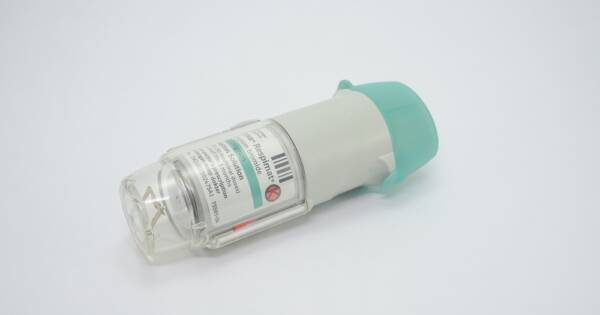Cervical cancer, significantly linked to human papillomavirus (HPV), demands attention due to its prevalent risk factors and prevention strategies. By understanding the implications of HPV, the role of contraceptives, and additional factors such as lifestyle and genetics, individuals can take informed steps toward prevention. Delve into the nuances of medication risks, protective measures, and screenings to equip yourself with knowledge essential for combating cervical cancer. Explore proactive health strategies for a vigilant approach against this disease.
Understanding Cervical Cancer Risks
Cervical cancer is an area of significant concern, primarily because of its strong association with human papillomavirus (HPV) infection. HPV types 16 and 18 are responsible for approximately 70% of cervical cancer cases.
Practices aimed at reducing these infections, such as safer sex and HPV vaccinations, are crucial in minimizing risks associated with HPV. While genetics and lifestyle factors like smoking and HIV also play a role, understanding these risks is key to prevention.
The Role of Medications in Cervical Cancer Risk
Medications, particularly hormonal contraceptives, have been studied for their potential impact on cancer risk. Long-term use of birth control pills has been linked to an increased risk of cervical cancer.
The risk doubles for women who take these contraceptives for 10 years or more due to their influence on cervical cells’ susceptibility to HPV infection and cancer development. The risk, however, decreases after ceasing use, highlighting the reversible nature of this risk increase.
Cervical Cancer and Contraceptive Use
While contraceptives may increase the risk of cervical cancer, they also offer protection against other cancers, such as endometrial and ovarian. These protective effects can persist even after women stop using contraceptives.
Still, reproductive choices like long-term contraceptive use should be carefully evaluated, balancing the benefits against possible increased cancer risks associated with hormonal contraceptives.
Additional Risk Factors and Prevention
Beyond medication, factors like smoking, immune system health, and number of childbirths can heighten cervical cancer risks. Precautionary measures such as regular screenings and HPV vaccinations are essential.
These preventive strategies can detect and manage precancerous changes early, thus helping to prevent the onset of cervical cancer. HPV vaccines are particularly effective when administered early, and screenings like Pap and HPV tests play a critical role in early detection.
Environmental and Genetic Considerations
Environmental factors, familial occurrences, and even previous exposure to drugs such as Diethylstilbestrol (DES) can all be relevant. While these factors interplay to affect susceptibility, it’s crucial for at-risk individuals or those with family histories of cervical cancer to maintain regular consultations with healthcare providers for personalized screenings and assessments.
Why You Should Learn More About Cervical Cancer Risk Today
As cervical cancer is primarily related to HPV, understanding its risks aids in managing health more effectively. Staying informed about medication impacts, genetic predisposition, and preventive measures like HPV vaccination and cervical screenings is vital.
Whether weighing the benefits of contraceptives against their risks or understanding lifestyle alterations to mitigate risks, the informed choices available can make a significant difference in health outcomes. By engaging with these issues, individuals can better navigate personal health strategies and preventive care options to stay vigilant against cervical cancer.
Sources
Understanding Cervical Cancer Risks and Causes




